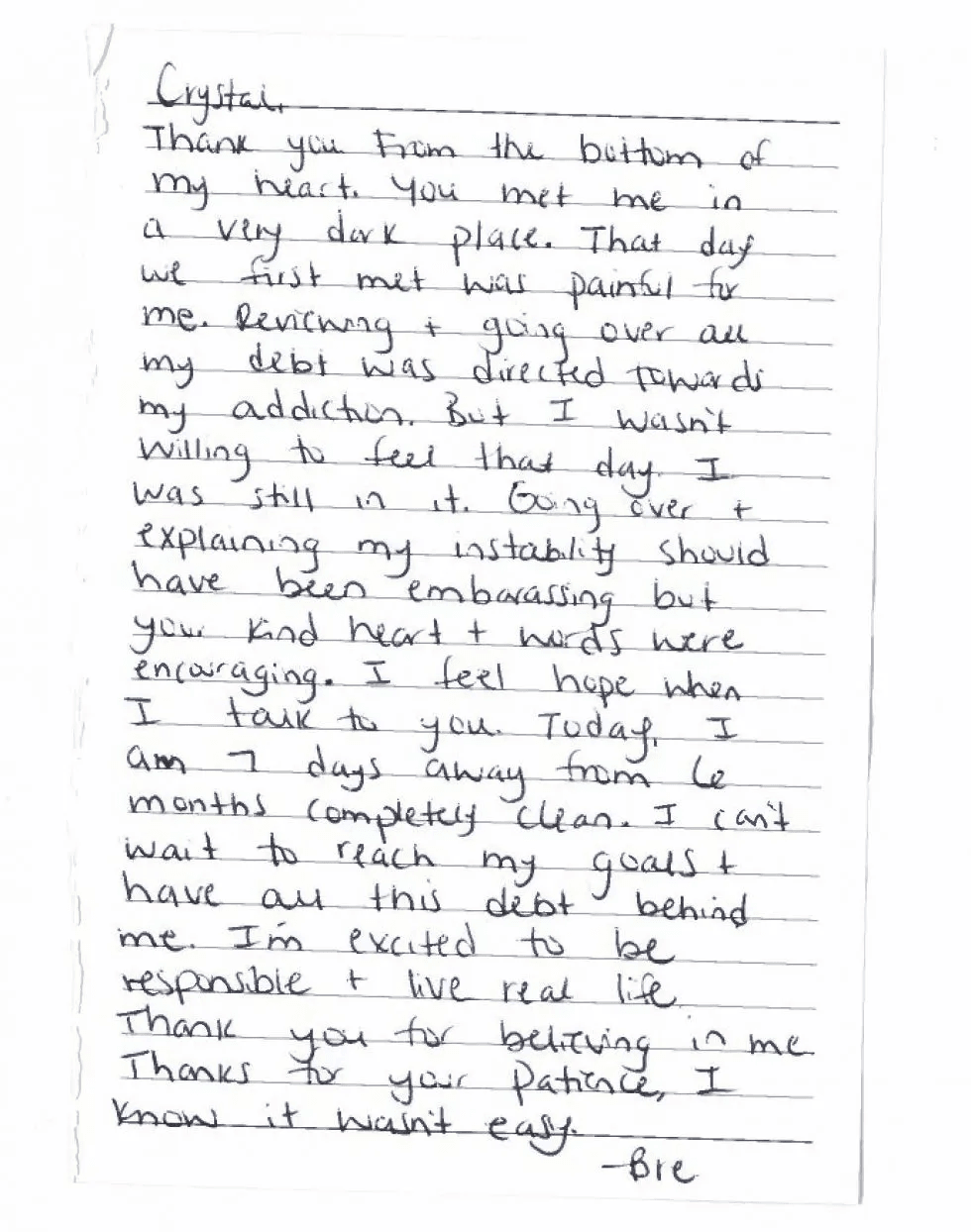Landlord Responsibilities
Your landlord has certain responsibilities to you as a tenant to protect your health and safety and to make sure that your unit meets the basic requirements of a residential home. Your landlord must:
- Keep your home up to the local housing code standards for health and safety. This applies only if your city has a local housing code. To find out if your city has a local housing code, call the city or county clerk.
- Make all repairs and do whatever is necessary to keep your home in a livable condition. You must tell your landlord in writing that repairs are necessary. In many cases, your landlord may not even know about problems until you give them notice. Sending the notice in writing makes sure that your landlord knows about the problem and creates a record that shows you did your part to bring it to their attention.
- If your unit is part of a shared building, like an apartment complex, your landlord must keep all shared spaces in a clean and safe condition. This includes making sure that stairways, hallways, entryways, and railings are safe to use.
- Maintain in good and safe working order and condition all:
- Electrical,
- Plumbing,
- Sanitation,
- Heating,
- Ventilation,
- Air conditioning,
- Elevators, and
- Other facilities and appliances supplied or required to be supplied by the landlord.
- Keep the foundation, floor, walls, ceilings, and roof:
- Weatherproof,
- Waterproof, and
- Rodent-proof.
- Provide containers for garbage, ashes, and other waste and arrange for the garbage to be picked up regularly for removal.
- Supply:
- Running water at all times,
- Reasonable amounts of hot water at all times, and
- A reasonable amount of heat.
If you have let you landlord know about a problem and your landlord has not fixed it, you should talk to a lawyer. In the meantime, make sure to continue paying your rent on time. Even if your landlord has failed to meet their own responsibilities, they could still go to court to evict you for not paying rent. (Neb. Rev. Stat. § 76-1419)
Your Responsibilities as a Tenant
As a tenant, you and your guests must:
- Pay your rent on time.
- Keep your unit clean and safe.
- When you move out of your unit, clean it to the best of your ability.
- Dispose of garbage in a clean and safe way.
- Use electrical, plumbing, sanitary, heating, ventilation, air conditioning, and other utilities in a responsible manner.
- Not damage any part of the unit, either purposely or carelessly, or allow any of your guests or anyone in your household to do so.
- Fix any damages to the unit caused by your household or your guests, beyond ordinary wear and tear.
- Not bother neighbors with noise or other inappropriate behavior or allow criminal activity on the premises.
You are not responsible for “ordinary wear and tear” to the unit. Ordinary wear and tear generally includes things like worn carpets, dirty windows, or a few small nail holes from hanging pictures. Your landlord cannot charge you or deduct charges from your security deposit for ordinary wear and tear. Major stains, broken windows or screens, holes in walls or doors, deep scratches in walls, or trash left in the unit are generally not considered ordinary wear and tear, even if they result from an accident. Your landlord may charge you or deduct charges from your security deposit if you damage the unit beyond ordinary wear and tear.
You can document the condition of your unit by filling out a Condition Checklist when you move in and when you move out, so that you and your landlord have a record of the condition before and after your rental period. A Condition Checklist can also give notice to your landlord of any problems that exist at move-in. For an example, download the Landlord Tenant Handbook (English) or Manual para el Propietario e inquilino (Espanol). (Neb. Rev. Stat. § 76-1421)
Big numbers, personal impact:
-
Requests for assistance in 2025
19,200
-
Cases closed in 2025
12,878
-
Economic impact
$16,348,129




